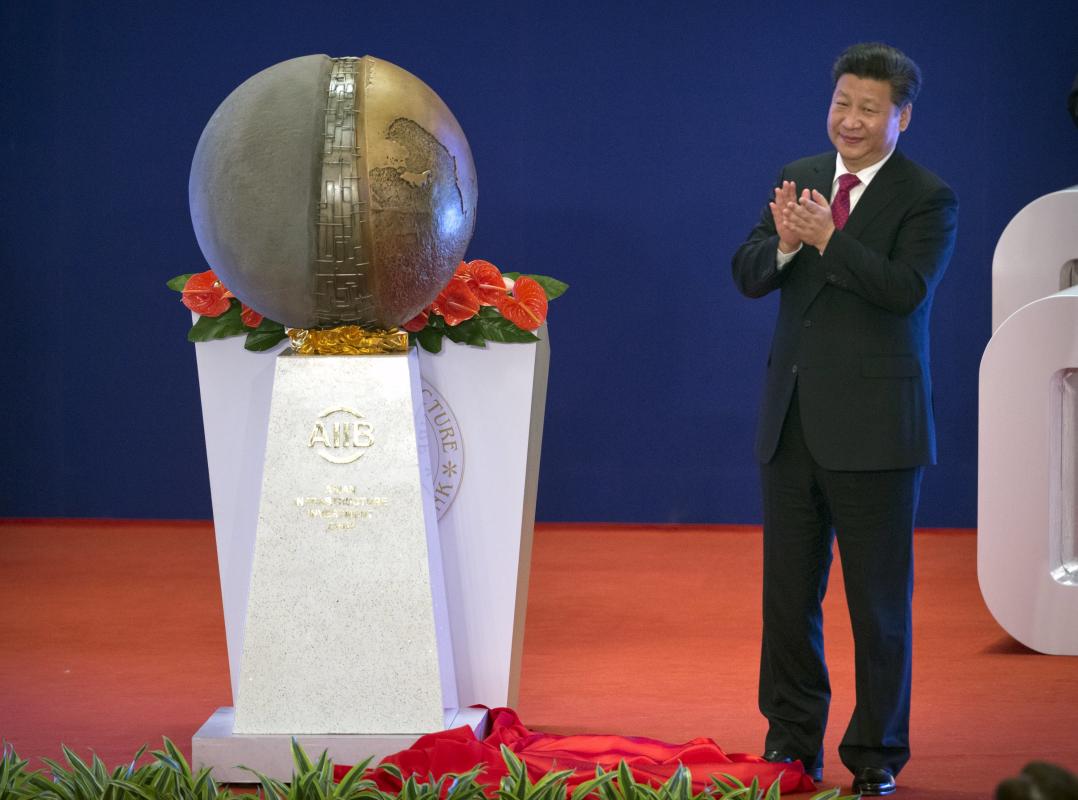The new Asian Infrastructure Investment Bank will boost investment in the region while contributing to "fairer" global economic governance, Chinese President Xi Jinping said Saturday at the formal opening ceremony in Beijing.
The China-backed AIIB -- which has 57 members including major economies such as Australia and South Korea but notably excluding the US and Japan -- is viewed by some as a rival to the World Bank and Asian Development Bank (ADB).
But speaking at the glitzy event in Beijing to launch the new bank, Xi hailed its future.
"The funding and inauguration of the AIIB will effectively boost investment to support infrastructures development in Asia. It will serve to channel more resources, particularly private investment, into infrastructures projects," he said.
Beijing will be by far the largest AIIB shareholder with about a 30 percent stake, according to the legal framework signed by founding member countries in June.
With authorised capital of $100 billion, it expects to offer its first batch of project loans later this year, according to the official Xinhua news agency.
The US-backed ADB Saturday said it would cooperate closely with the new bank.
"ADB has started identifying potential cofinancing projects with AIIB in such areas as transport, renewable energy, urban and water," it said in a statement.
Earlier this month ADB President Takehiko Nakao said he did not believe the AIIB would diminish his institution, adding the two organisations "can complement each other".
The United States and Japan, respectively the world's largest and third-largest economies and the principal shareholders in the ADB, have both declined to join the AIIB, part of an initiative by China to expand its financial clout in Asia, amid concerns over the new bank's governance.
However, Xi on Saturday highlighted measures he said would ensure the AIIB "becomes a truly international, rule-based and high standard institution in all aspects, involving its governance structure, operation policy, procurement policy and human resources management".
Beijing has already sought to expand its influence through Xi's signature foreign policy initiative, known as "One Belt One Road", a massive investment scheme aims to increase China's footprint from central Asia to Europe through the use of loans to build infrastructure and transport networks.
Touted as a revival of ancient Silk Road trade routes, the initiative underscores China's ambition to wield geopolitical power to match its economic might.
Shanghai is also home to a new multilateral bank dedicated to the emerging BRICS countries of Brazil, Russia, India, China and South Africa.
The AIIB will loan $10-15 billion annually, the bank's chief Jin Liqun said last month.

